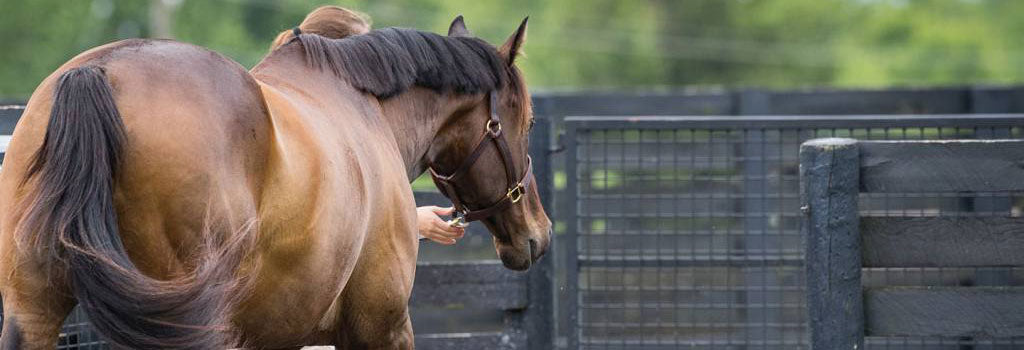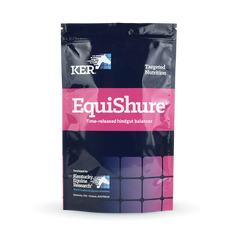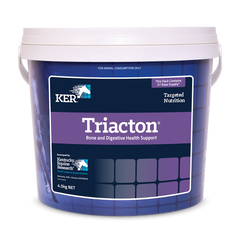Digestive Health

Modern equine management practices have resulted in horses being exposed to situations vastly different to those in which they evolved, including solitary stall confinement, limited grazing, grain as an energy source, and meal feeding.
These environments and management practices, although convenient to caretakers, are sometimes not optimal for a horse’s health and performance. One debilitating condition influenced by modern horse management is ulceration of both the stomach and colon.
Nearly 90% of performance horses may suffer from gastric ulcers and some researchers have found that many horses also have colonic ulceration as well which can be a cause of colic and weight loss.
Common problems associated with the equine digestive tract include inappetence, colic, gastric ulcers, hindgut acidosis, excess gas production, and loose manure.
Which Solution Is Right for Your Horse?

EquiShure® Time-released hindgut balancer. EquiShure promotes normal digestive function by aiding in the maintenance of an optimal hindgut environment and is designed for horses suspected of suffering from or that are at risk of developing hindgut acidosis.
Neigh-Lox® Antacid and coating supplement for horses at risk of gastric ulcers. Prolonged exposure of the stomach to gastric acid can cause damage to the stomach lining, resulting in a painful condition for the horse. Neigh-Lox contains a combination of rapidly acting antacids.
Triacton® Bone and digestive health support. Triacton is a research-proven, triple-action supplement designed to improve bone density and support digestive health in horses.
Learn More
- Understanding Digestion in the Horse: A Comparative Approach
- Poor Appetite: Look Closer at Your Horse’s Digestive Tract
- Impact of Abrupt Diet Changes in Horses
- Barnyard Chemistry: pH and the Equine Digestive Tract
- Improving Intestinal Motility in Horses
- Gastrointestinal Care of Horses: Choose Supplements Wisely
-
The Hindgut: Understanding Its Role in Equine Digestive Health
- Traveling Affects the Equine Microbiome
- Gastric Ulcers in Horses: Facts and Fallacies
-
Omeprazole and Calcium Digestibility: What Horse Owners Should Know
- Ulcers in Horses: Digestive Supplements and Acid Rebound
- Equine Gastric Ulcers and NSAID Administration
- Gastric Ulcers and Behavior in Horses
- Q&A: Dietary Changes to Help Keep Ulcers at Bay






